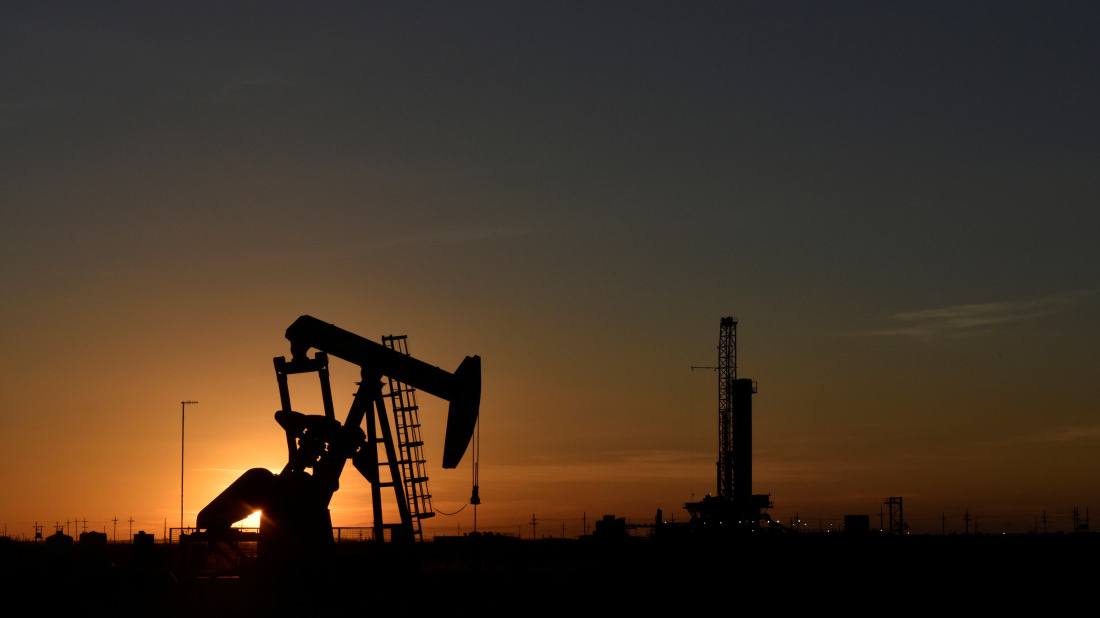Zelenskyy rejects FT’s May 2026 election report, cites need for ceasefire
Ukrainian President Volodymyr Zelenskyy said on Wednesday (11 February) that his government will only hold national elections once a ceasefire with Ru...

Türkiye is ramping up its global oil and natural gas exploration activities, with a focus on establishing partnerships in various regions, according to Energy Minister Alparslan Bayraktar. Speaking to journalists in Ankara, Bayraktar highlighted key areas of interest, including Somalia and Iraq.
One major initiative is the deployment of the Oruç Reis seismic research vessel to Somalia, marking what Bayraktar described as a "historic era" for Türkiye’s energy strategy. He also noted the country's ongoing efforts in Iraq, where Türkiye currently holds partnerships in three oil fields in the northern region. Plans are underway to expand these partnerships and explore opportunities in Iraq's Basra region as well as Libya.
In addition to these ventures, Türkiye has signed a memorandum of understanding with Sao Tome and Principe to enhance energy cooperation. This agreement could lead to future oil and gas exploration in the African island nation.
Domestically, Türkiye has been investing in liquefied natural gas (LNG) infrastructure to bolster its energy supply. The development of LNG terminals and floating storage and regasification units (FSRU) aligns with the country’s strategy to diversify its energy sources. Türkiye now has the capacity to supply half of its natural gas needs through LNG, thanks to recent long-term agreements.
Addressing concerns about regional tensions, particularly between Iran and Israel, Bayraktar acknowledged that while Türkiye does not trade oil or petroleum products with Iran, it imports around 7-8 billion cubic meters of natural gas annually from the country, which accounts for roughly 15% of its needs. Any disruption to the pipelines could affect Türkiye's supply, but Bayraktar emphasized that diversification efforts have positioned the country to mitigate such risks.
These moves are part of Türkiye's broader "National Energy and Mining Policy," launched in 2016 to reduce reliance on foreign energy. Domestic oil production has also seen growth, reaching around 110,000 barrels per day from public and private companies.
With expanding international partnerships and infrastructure investments, Türkiye is taking significant steps toward energy security and independence.
The United States and Azerbaijan signed a strategic partnership in Baku on Tuesday (10 February) encompassing economic and security cooperation as Washington seeks to expand its influence in a region where Russia was once the main power broker.
Greek Prime Minister Kyriakos Mitsotakis arrived in Ankara on Wednesday, where Turkish President Recep Tayyip Erdoğan held an official welcoming ceremony at the Presidential Palace, marking the start of high-level talks between the two NATO allies.
Europe heads into the Munich Security Conference, 13 February, amid deepening unease over U.S. policy, as President Donald Trump’s hard-line stance on defence, trade and territory fuels doubts about Washington’s long-term commitment to transatlantic security.
The European Union is preparing a further expansion of its sanctions against Russia, with Central Asia emerging for the first time as a distinct point of focus.
A senior adviser to Iran’s Supreme Leader said on Tuesday that negotiations with the United States must remain focused on the nuclear issue and be grounded in realism, as Washington and Tehran prepare to resume talks mediated by Oman.
Iran’s Foreign Minister Abbas Araghchi has firmly ruled out any discussion of the country’s ballistic missile capabilities in the newly resumed, Oman-mediated negotiations with the United States, stating they are not and will never be on the agenda.
Türkiye and Greece signalled renewed political will to ease long-standing tensions during high-level talks in Ankara on Wednesday (11 February). Maritime borders, migration and trade topped the agenda as both leaders struck a cautiously optimistic tone.
Israel has joined U.S. President Donald Trump's 'Board of Peace' initiative, Prime Minister Benjamin Netanyahu said on Wednesday (11 February) during his visit to Washington where he met Trump and Secretary of State Marco Rubio.
Plans to merge Tbilisi State University and Georgian Technical University have been scrapped by Georgia’s Prime Minister Irakli Kobakhidze, who backed down on the proposed move after days of backlash from lecturers and students.
Afghanistan’s humanitarian situation remained severe throughout 2025, with millions still struggling to meet basic needs, according to a new report by the International Committee of the Red Cross (ICRC).
You can download the AnewZ application from Play Store and the App Store.

What is your opinion on this topic?
Leave the first comment